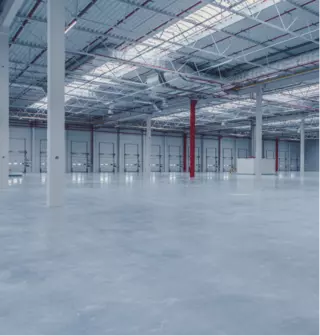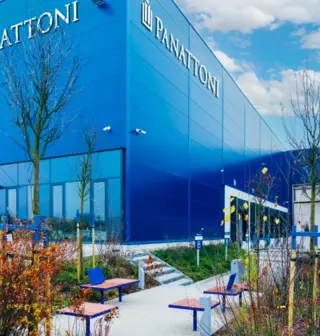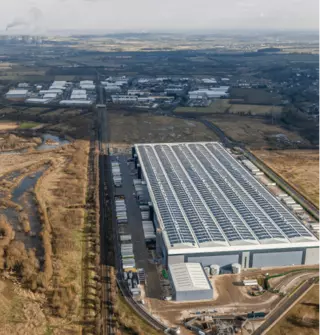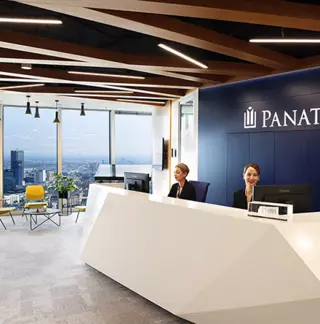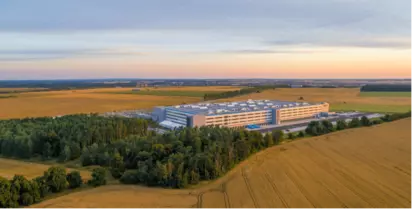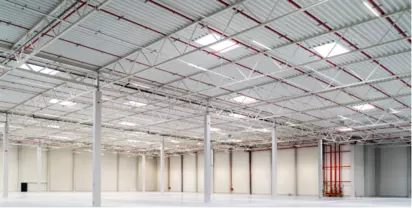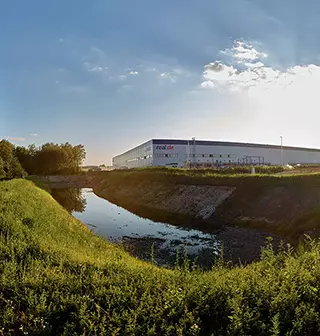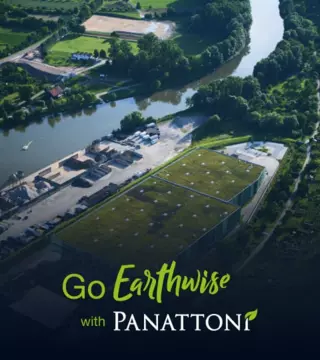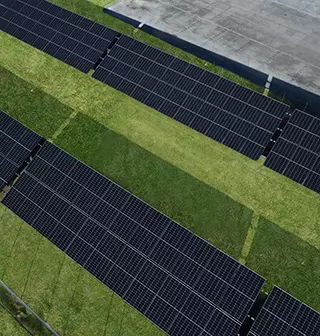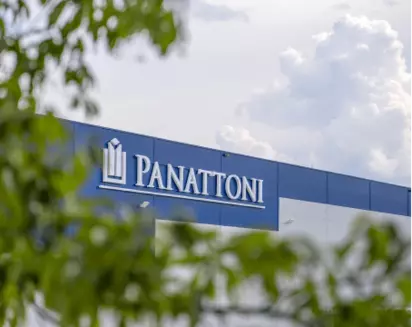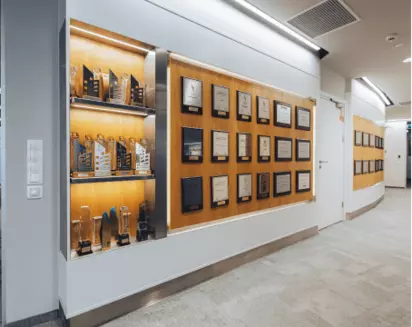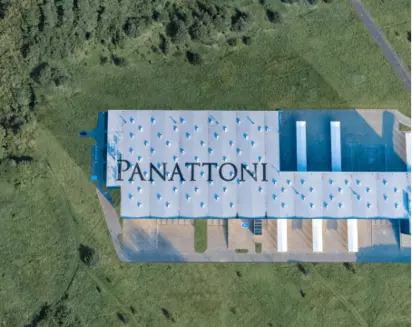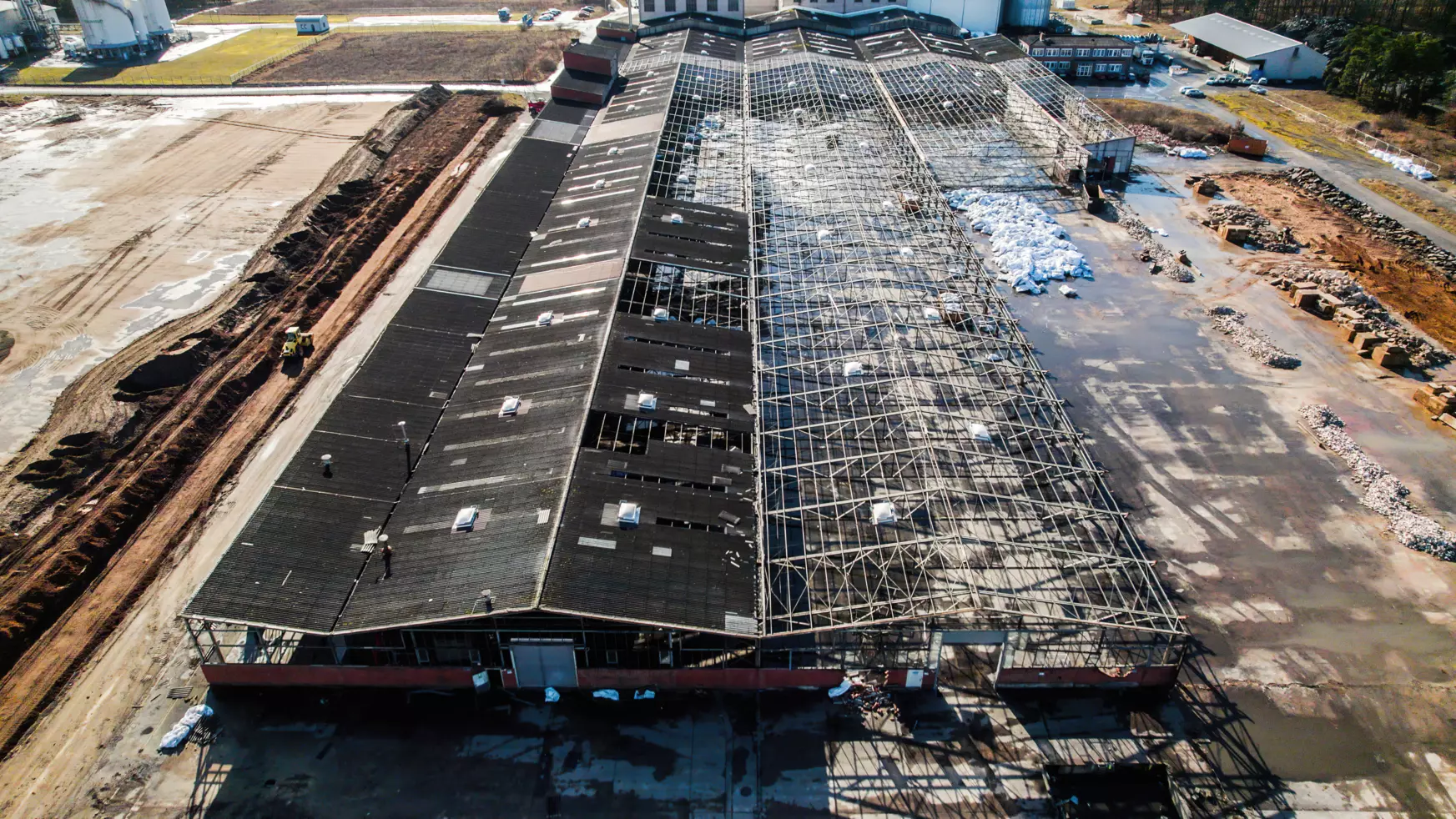
There is a shortage of attractive logistics sites
Particularly logistics service providers and industrial and commercial companies are increasingly searching for suitable properties in Germany. The need can be explained as follows:
- Germany is in the centre of Europe. As the centre point of the north/south and west/east axes, the country is very important for logistical goods transport.
- Since the COVID-19 pandemic, the eCommerce trade boom has grown even further. As a result, the demand for logistics properties for (interim) storage has increased.
- The pandemic and the war in Ukraine show how fragile international supply chains are. In order to be less dependent on the supply chain, manufacturers are increasingly relocating their production sites to the country of origin. For this, they require regional storage capacities.
The problem: land on which to build is sparse. Particularly in metropolitan regions. There is thus intense competition for the few, still available properties, the prices of which are increasing drastically. In addition, new industrial and commercial zoning allocations are subject to a long, time-consuming and complex approval process. This is further exacerbated by the regional plan which requires that green areas be used as planned. Therefore, the revitalisation of existing industrial sites has increasingly come to the fore.
Definition of a Brownfield: What is it?
The term Brownfield refers to fallow, potentially contaminated commercial and industrial sites slated for repurposing. The industrial wastelands were usually formerly used as high-emission factories that caused noise, dust or odours and which also handled environmental pollutants. Decontaminating the contaminated sites increases the attractiveness of the surrounding areas and eliminates the risk to soil and groundwater.
The development of a Brownfield site is very complex due to the potential contamination. In addition, developers also have to deal with the key issues of species protection, noise pollution, traffic and, in particular, requirements in the development plan.
In contrast to this, there is the Greenfield, which is land that has not been developed or marketed and was used, for instance, as agricultural land. A corresponding building permit is required to convert a Greenfield into land for commercial use.
What is the difference between revitalisation and redevelopment?
With respect to revitalisation, the Gesellschaft für immobilienwirtschaftliche Forschung (gif) [Association for Real Estate Research] differentiates between the development of Greenfield sites and the redevelopment of Brownfield sites. For existing properties and buildings, revitalisation refers to the process of adapting building structures to modified user requirements.
In site rehabilitation, the term revitalisation refers to the treatment of fallow conversion surfaces. The strategy here is to treat the Brownfield and make the area usable for new construction. After that, the site is redeveloped, which entails once again using the Brownfield for a commercial purpose. With this approach, companies increase the value of the existing property.
Benefits of a Brownfield
Fallow sites exist in nearly every region. According to information from the Deutschen Brownfieldverband (DEBV) [German Brownfield Association], approx. 150,000 hectares of unused wasteland are available. And the tendency is increasing. The revitalisation of these sites is a huge opportunity for companies to circumvent the shortage of space and develop highly modern logistics real estate in attractive locations.
Because of their history, Brownfields are often located in well-developed commercial or industrial areas. Thus, new areas, some close to the inner city, are available for new projects. Municipalities profit from the new development carried out by the logistics real estate developers, including the elimination of soil contamination requiring rehabilitation. Some Brownfield sites are also encumbered by explosive ordnance. This is recovered and removed as part of the new development. After the development of the logistics real estate on the old industrial sites, new companies will move in and create new jobs.
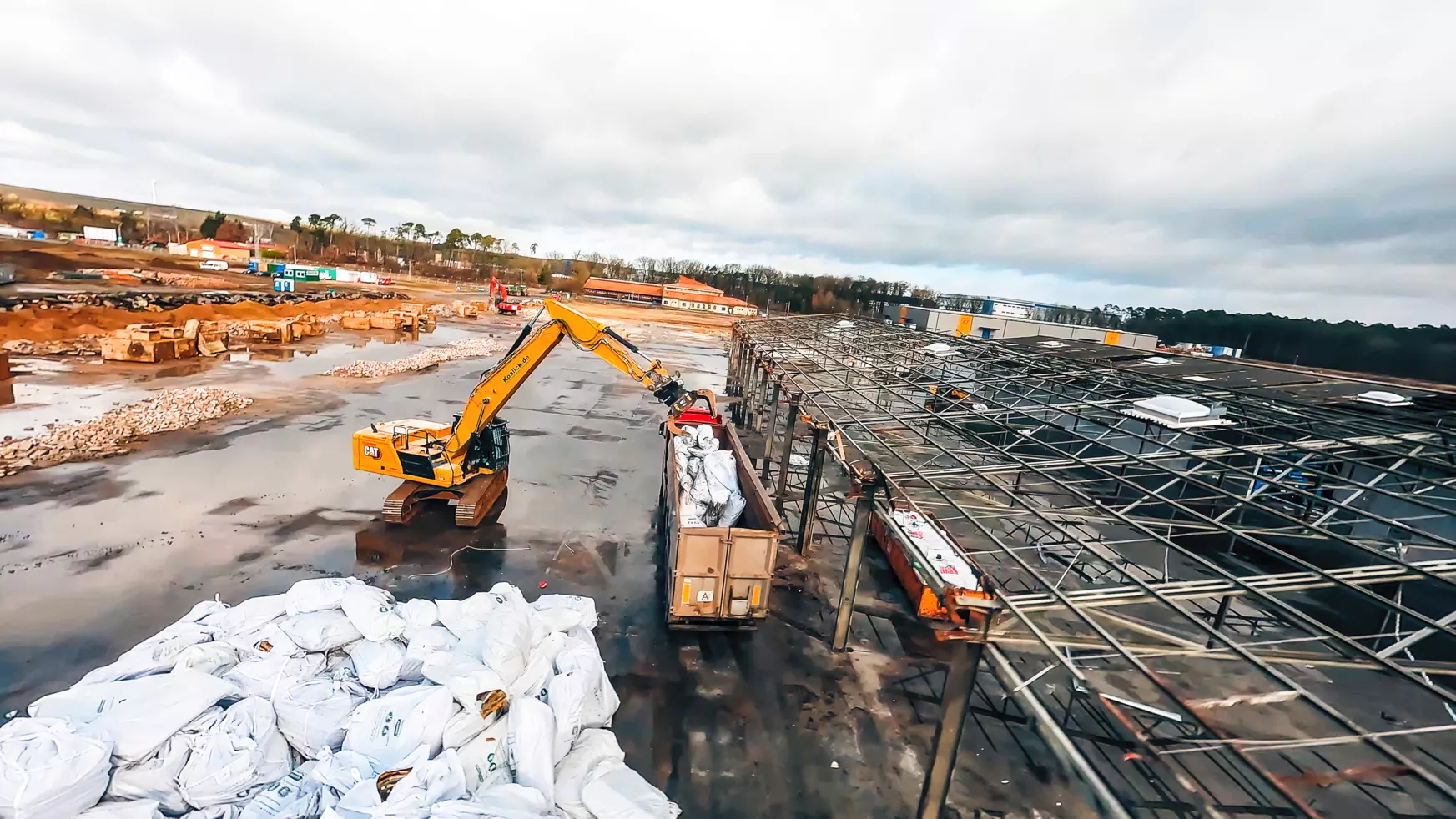
Brownfields are persuasive due to the high degree of sustainability
Brownfields contribute towards the reduction of land use and stop the further sealing of valuable agricultural land, Greenfields or natural preserves.
Since real estate developments often entail high CO2 emissions, the overall goal of climate-friendly development is becoming an increasingly important focus for real estate developers. This starts in the first project phase with the Brownfield revitalisation and ends, after completion, with the implementation of CO2-neutral measures.
Project developers are therefore always striving for the sustainable development of the planned real estate when applying the approach of revitalising a Brownfield site. To achieve the sustainability objectives of their projects, real estate developers can utilise a range of measures.
In addition to the near-natural design of the exterior installations, these measures also include the reuse of the old, existing mineral-based building materials (RC material) from the demolition of the existing building. One sustainable side effect of using RC material is the reduction of CO2 and lorry traffic during the dismantling and construction phases. By reusing the material, it doesn’t have to be driven away.
Nowadays, leading logistics real estate developers employ energy-efficient and sustainable construction methods that contribute towards protecting the environment and preventing climate change. This includes support structures made of wood and good insulation of the roof and walls. This reduces energy consumption and keeps heating and cooling losses low.
During the development, developers capitalise on the integration of renewable energy sources, like sun, wind, water, and geothermal energy. Photovoltaic systems generate green electricity which can help offset the higher energy requirements in the logistics sector. The properties are sustainably and efficiently heated by air-heating pumps. Intelligent digital measuring systems (smart metering) also identify savings potential and save time and resources. Rainwater can be filtered and stored on roofs with greenery. E-charging stations for electric cars and bicycles use the green electricity produced on the roof.
From the revitalisation of the Brownfield to the completion of the property, all these items make a long-term contribution towards driving climate protection forward in the logistics real estate industry.
Conclusion
On the search for an alternative to the “green meadow”, Brownfields have enormous potential due to their existing infrastructure. When revitalising long-abandoned sites, project developers remove contamination and provide jobs and tax income to the municipality in return. Project developers with the relevant know-how offer their customers a resource-saving option to develop real estate in optimal locations and contribute towards sustainable inner-city structural change with their projects.ei.
